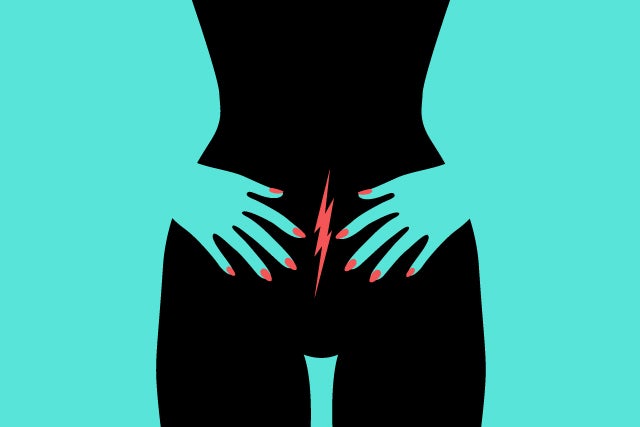How “Normal” Is Your Period?


You’ve Skipped a Couple of Periods
After ruling out pregnancy (and here’s where an app comes in handy) figure out exactly how many periods you’ve skipped. If it’s fewer than three periods, there’s no need to book an emergency appointment with your OB/GYN, according to Dr. Streicher. “Missing a period once in a while is no big deal,” she says. “A lot of times someone is going to miss her period for reasons, like stress or travel.” But, if your normal cycle has been disrupted for three months or more (a condition called amenorrhea), it’s time to take the money you’ve saved from not buying tampons over the past few months and use it to pony up for a co-pay to see your doctor.

You’re Spilling Much More Blood Than Usual
Heavier periods are the most high-maintenance kind. But, when they become a health concern is often indicated by the number of cubic centimeters (CCs) you bleed. Doctors often cite a total blood loss of 80 CCs as being a point at which further medical examination is necessary. But, it’s not like we’re going to measure the stuff, so Dr. Streicher suggests a more intuitive cue as far as how much is too much. “What I tell women who notice a big change in how much they bleed is to notice how many pads or tampons they’re using. If they were going through four or five pads or tampons a day and suddenly, they’re going through 10, that is something to get checked out,” she says.
You’re bleeding more than once a month.
Though it’s often stated that a “normal” period should come every 28 days, it’s perfectly normal to have one every 21 to 35 days. Women can even have a period only 14 days from her last and have nothing to worry about. “If this happens once in a blue moon, don't get crazed about it,” Dr. Streicher says. But, if you find that you’re bleeding every two weeks, then it’s a good idea to get that checked out, as bleeding between regular periods may indicate changes in hormone levels or even miscarriage.






